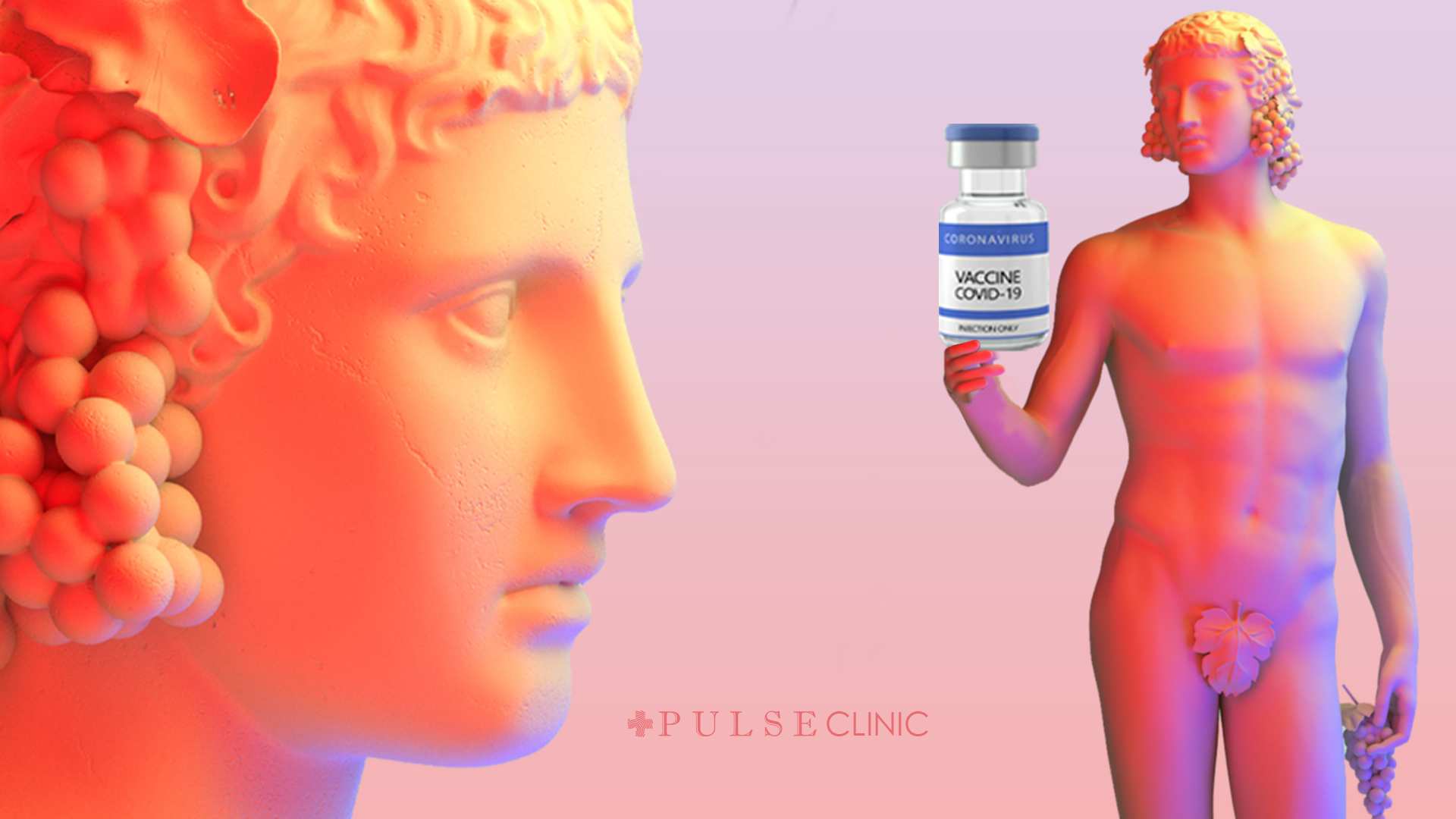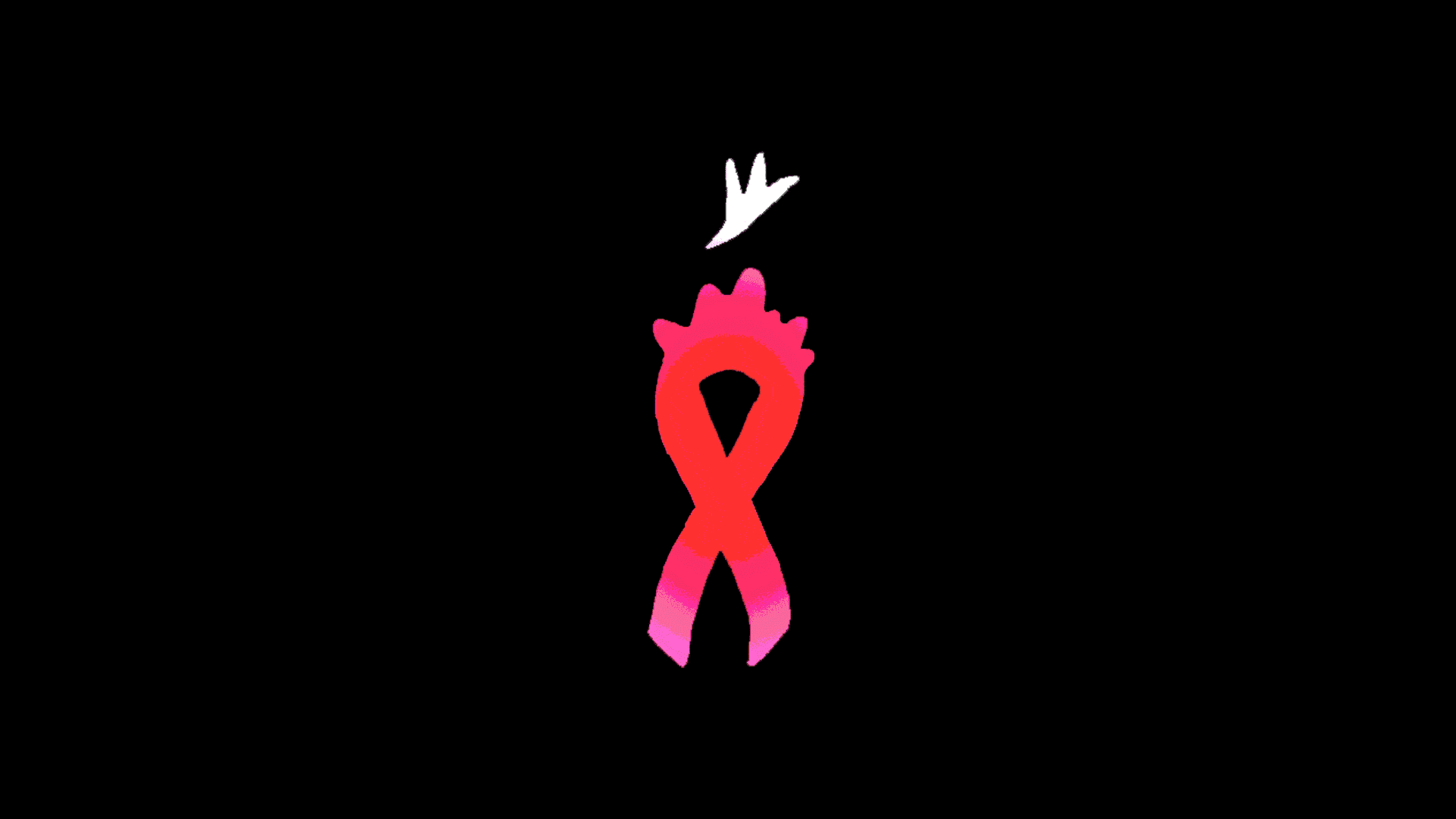
The art of solitary sex
15969
Masturbation is perfectly normal. It is a healthy sexual activity and there are almost no health hazards associated with it contrary to certain myths. It is basically an act where a person stimulates his or her genitals for sexual pleasure. But this may or may not cause an orgasm. It is a common activity among both men and women of all age groups. The reasons behind this activity may vary from person to person. It may be for pleasure, fun, and also to let off tension.
Masturbation doesn't cause any harm, either physically or mentally, even if you do it often. Your genitals may feel sore if you masturbate a lot in a short space of time. If you masturbate with a partner, the risk of passing on or getting a sexually transmitted infection (STI) is low, as long as you don't pass any fluid from your genitals, like semen, to one another on your fingers or in any other way.
What are the health benefits of masturbation?
When you have an orgasm, your body releases endorphins. These natural chemicals block pain receptors in your brain and can make you feel happier. Masturbation is also beneficial if you need a release of sexual tension, an increase in libido (sexual desire), and to reduce stress, while improving your body image and self-esteem. This activity can also stimulate the production of prolactin, a relaxation hormone, and serotonin, a happiness hormone. This can help both men and women sleep better.
Masturbation releases hormones and chemicals involved in the brain’s pleasure-reward center.
Masturbation offers a wealth of both mental and physical health benefits. One of the best benefits of masturbation is that it comes with the release of endorphins, which are hormones that promote wellbeing and boost your mood.
Research shows that masturbation, as well as other sexual activities leading to sexual pleasure or orgasm, trigger the release of hormones and chemicals involved in the brain’s pleasure-reward center. These include:
Dopamine:Known as the “happiness” hormone, dopamine is an important neurotransmitter involved in motivation, movement, and reward-seeking.
Oxytocin: The “love” hormone oxytocin has a wide range of behavioral and physiological effects, such as promoting sexual, social, and maternal behaviors associated with happiness. The hormone also helps support well-being, positive social interaction, growth, and healing.
Serotonin: Serotonin is a neurotransmitter that helps mediate happiness rested Source, optimism, and satisfaction. There is also a link between higher serotonin levels and an increase in mood.
Endorphins:Endorphins are known as “feel-good” chemicals that reduce pain better than morphine. They are responsible for the pleasurable rush or high associated with exercise.
Prolactin: Prolactin is a hormone that promotes trusted Source physiological responses to reproduction, stress management, and emotional regulation.
Endocannabinoids: These neurotransmitters are vital trusted Sources of rewarding behaviors such as exercise, social interaction, and eating. They also help regulate trusted Source processes such as pain, inflammation, metabolism, cardiovascular function, learning and memory, anxiety, depression, and addiction.
Norepinephrine/noradrenalin: This is a stimulating neurotransmitter that increases and regulates dopamine transmission, a substance linked to levels of happiness.
Adrenaline:Adrenaline lowers stress by helping regulateTrusted Source heart rate, blood vessel and airway diameters, and aspects of metabolism.
Masturbation increases libido.
Both sex and arousal are born in the brain. The more we experience pleasure, the more we want, because we think more about it. When we haven't had sex for a while, most of the time we don't even think about it. One of the biggest queries and concerns is the loss of desire or not reaching orgasm: well, without any doubt, masturbation is one of the keys to changing this. But remember: the important thing is to connect with ourselves.
For women, masturbation can help prevent cervical infections and urinary tract infections through the process of "tenting," or the opening of the cervix that occurs as part of the arousal process.
Tenting stretches the cervix, and thus the cervical mucous. This enables fluid circulation, allowing cervical fluids full of bacteria to be flushed out.
For men, masturbation helps reduce the risk of prostate cancer, probably by giving the prostate a chance to flush out potential cancer-causing agents.
Masturbation also improves immune functioning by increasing cortisol levels, which can regulate immune functioning in small doses. It also reduces depression by increasing the number of endorphins in the bloodstream.
Masturbation can also indirectly prevent infertility by protecting people from sexually transmitted infections (STIs) that can lead to infertility – you can't give yourself one of these infections.
Written by Dude Arnel Flores Lopez,BSN, RN 14 April 2021
Medically reviewed and updated by Dr.Deyn Natthakhet Yaemim, 10 April 2021
References:
- https://medicalxpress.com/news/2013-12-masturbation-healthbenefits.html
- https://nwhn.org/what-are-the-health-benefits-of-masturbation/
- https://www.netdoctor.co.uk/healthy-living/sex-life/a32609943/masturbation-benefits/
- https://www.sutterhealth.org/health/teens/sexual/masturbation
- https://www.medicalnewstoday.com/articles/masturbation-effects-on-brain#positive-effects
I have my prescription and I want to order now, TAKE ME THERE !



